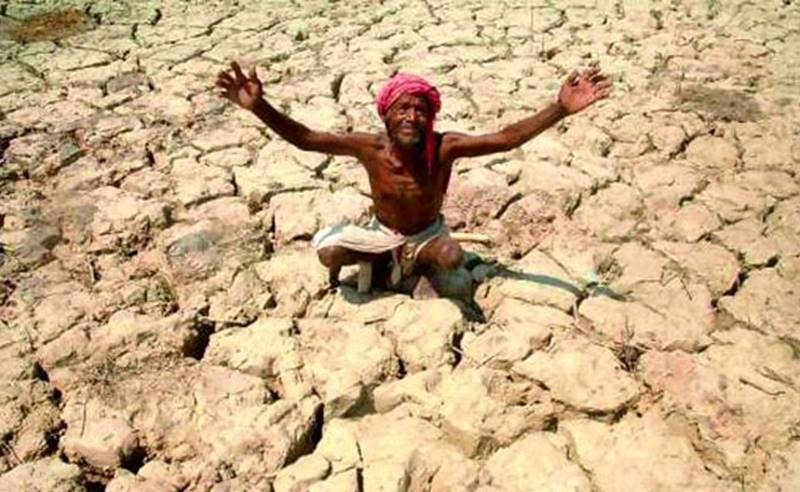At least 232 people have lost their lives in India in conflicts related to water in three years from 2017 to 2019. Meanwhile, more than 2,000 cases linked to water conflicts have also been registered across the country. These conflicts are recorded in the National Crime Records Bureau (NCRB) report, Crime in India 2019, released last year.
In cases pertaining to water conflict, 432 cases of violence were reported in the year 2017. The number soared to 838 for the following year and 2019 witnessed 793 such cases across India. No such data is available for year 2016 as well as years before it.
In 2019, most of the cases of killings over water conflict were reported from Bihar — 44. Bihar is followed by Rajasthan and Maharashtra with 13 and 7 cases, respectively.
Launching Catch the Rain movement on #WorldWaterDay. https://t.co/8QSbNBq6ln
— Narendra Modi (@narendramodi) March 22, 2021
However, activists working on water issues claim that the NCRB data is just a tip of the iceberg.
“As far as NCRB data is concerned, a great number of cases related to water conflicts do not get registered. The problem of water scarcity is terrible in rural India, especially that of clean water. The situation is getting worse every day and it requires immediate attention,” said Rakesh Singh, a social activist working in the Bundelkhand region spread across Uttar Pradesh and Madhya Pradesh. Bundelkhand is notorious for recurring droughts and acute water scarcity.
Water crisis in India
The NCRB report showcases that competition for water in the country is getting violent and points towards the occurrence of a much larger water crisis.
A report published by the National Remote Sensing Centre in 2019 had concluded that the country is going through a serious water crisis. The report titled ‘Reassessment of Water Availability of Water Basin in India Using Space Inputs’ stated that over-exploitation of groundwater is a cause of concern.
As per the report, on an average, the groundwater level is decreasing by 40 centimetres every year across the country.
Raising questions on the planning and vision of the government on the water crisis, Singh said, “There are government schemes and planning to battle the water crisis but the pace of progress is too slow. We have all heard that wars will be fought over water, these killings are a part of the series of conflicts that’s being fought over water.”



















